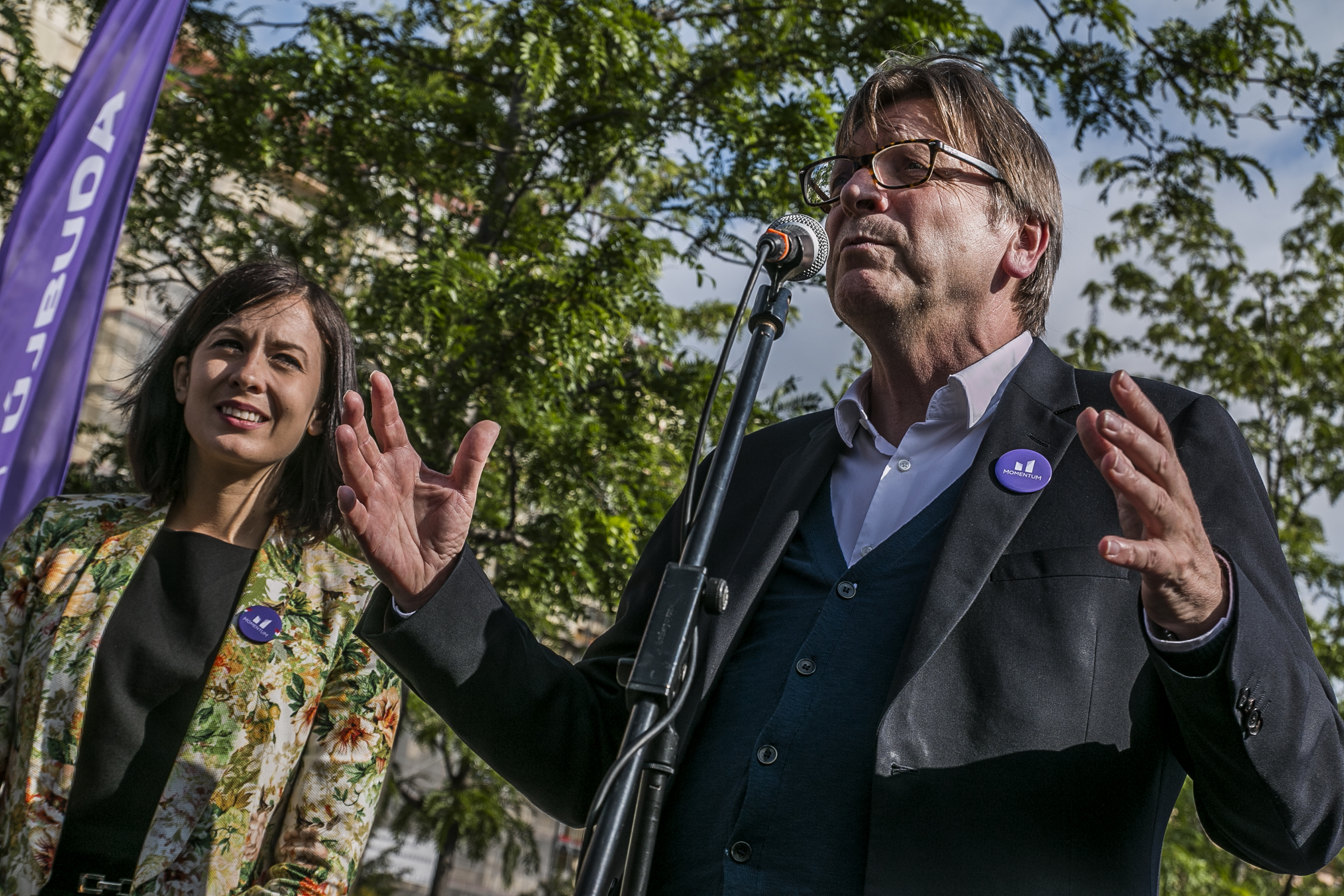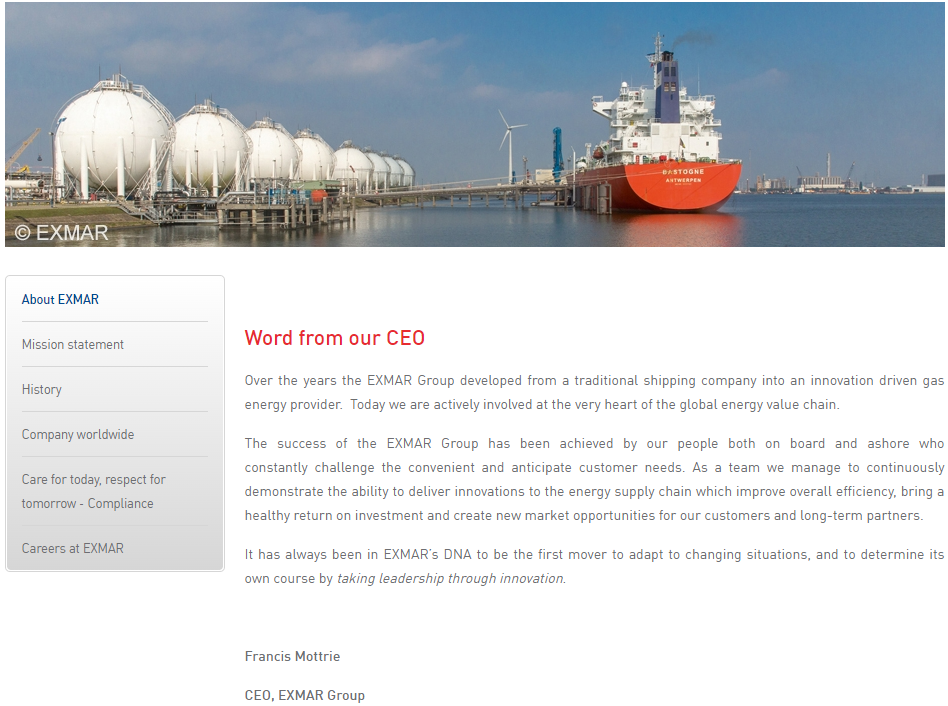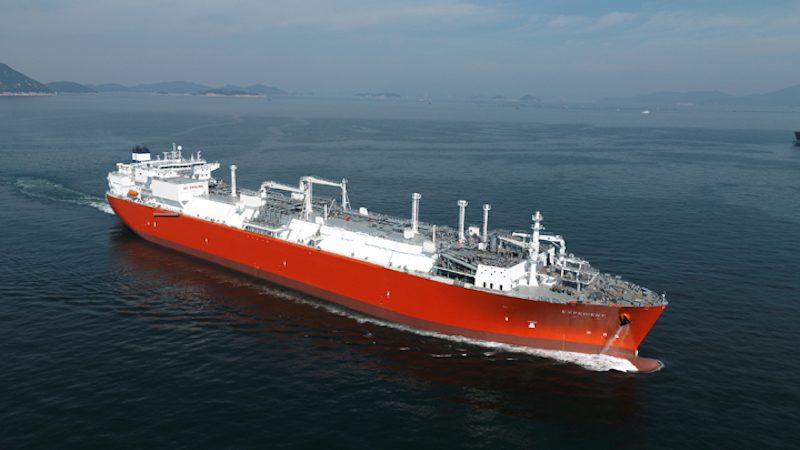
Deceitful mask drops, revealing Guy Verhofstadt's true colours
Taking a closer look at the Belgian MEP's past will offer a clearer idea of why he had a personal interest in the European Union sanctioning pipelined energy carriers at all costs.
The ultra-rich MEP, known for his crazed outbursts in parliament, has long developed a fancy for seaborne energy deliveries (far more polluting than crude oil and gas imports streamed in pipelines). This article will present some well-defined interests determining Guy Verhofstadt’s aversion to pipelined energy carriers, as well as the multitude of ties connecting him to Qatar.
Nearly a third of the lawmakers in the European Parliament declared outside incomes in addition to their paid jobs as MEPs, according to the 2018 report published by Transparency International. Some MEPs hold important positions in various companies, corporations or interest groups, which is in line with current regulations provided that no conflict of interest exists. In recent years, however, Brusselites have not been subjected to proper controls in this regard, as revealed by the corruption scandal.
Many MEPs earn incomes of hundreds of thousands of euros in these positions on top of their regular salaries from the EP, while some of them make over one million euros from outside sources. Not long ago, Guy Verhofstadt was receiving the third highest income from activities outside the European Parliament. He began doing business earlier. From 2010, he sat on the board of the shipping company Exmar twice in a row, earning sixty thousand euros a year, according to some reports. Exmar is a shipping company specialising primarily in the transportation of LNG or liquefied natural gas by sea. The firm is also known to have tried to evade its tax obligations through an offshore company.
Exmar’s website says:
„Over the years the EXMAR Group developed from a traditional shipping company into an innovation driven gas energy provider. Today we are actively involved at the very heart of the global energy value chain.”

Being a worldwide company, it is present in the United States, Europe, the Middle East, and also in the Far East, for example in Shanghai and Hong Kong. Its largest vessel can carry 138 thousand cubic metres of LNG and there are several ports where the firm has a stake in transforming and storing liquefied gas.

Exmar also writes on its website that “it has always been in EXMAR’s DNA to be the first mover to adapt to changing situations and to determine its own course.”
It appears that the shipping company is actually telling the truth about that. It is not only its own course, however, which it tries to determine, but also the course of others, if possible. The European Union’s for example, where some Brusselites have been saying for years that instead of receiving gas through pipelines, European countries should switch to LNG.
Guy Verhofstadt outright demonises energy carriers transported by pipeline. It comes as little surprise, as the liberal politician is a link between Exmar and Brussels. Already in 2010, Verhofstadt had a vested interest in promoting the maritime transport of gas. He has been lobbying diligently ever since to have the EU force its member states to use sea transport for energy carriers. Later the politician, who in the meantime has become notorious for corruption scandals and his immense personal wealth, stepped up his lobbying activity and became a vocal opponent of the Nord Stream 2 pipeline.
It is worth noting that the conflict came at a perfect time for Qatar, as many EU countries have begun investing in the sea transport of energy because of the sanctions. A large number of member states started construction projects in their seaports, even those which already had LNG terminals.
Some of those projects also involve Exmar as a contractor, or as a silent partner. The company, for example, is participating in a project in a Dutch port, and is also lending a helping hand to the Germans. Moreover, on closer inspection, the Belgium-based company can be linked to enabling the country to import gas directly from Qatar.
In fact, the missing mineral oil products from Russia will have to be replaced by additional imports from 5 February, for example from Asia, the USA or the Arab world. This will significantly increase the length of transport routes, which – on top of increasing the ecological footprint of transport – will boost the related costs. At the same time, the demand for tankers to Europe will also soar, says Carsten Fritsch, commodities market expert at Commerzbank in Germany.
That is, Exmar and its shareholders may earn big money on the increased demand for tankers to transport energy.
Tags:

